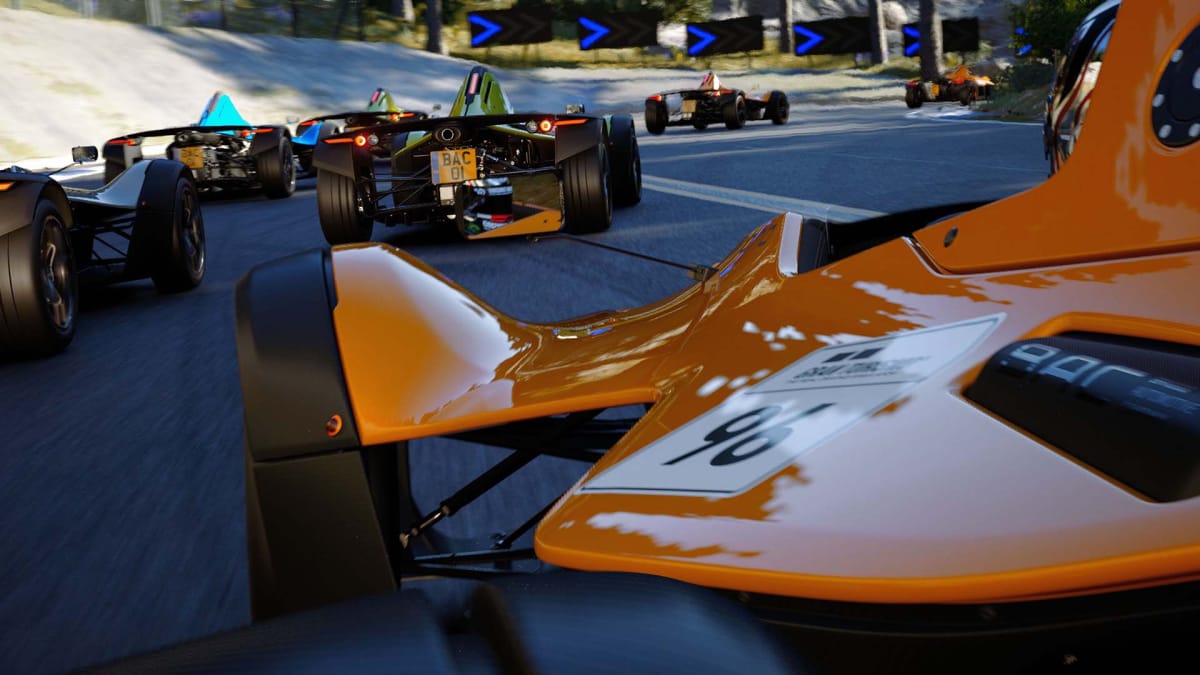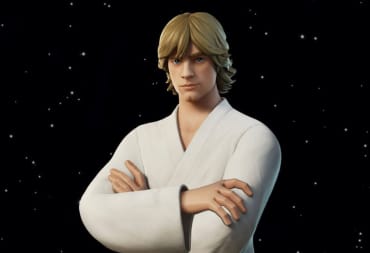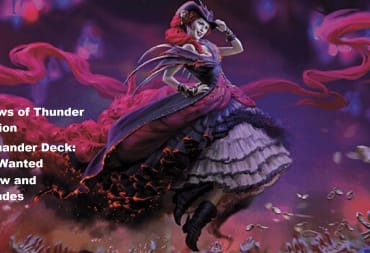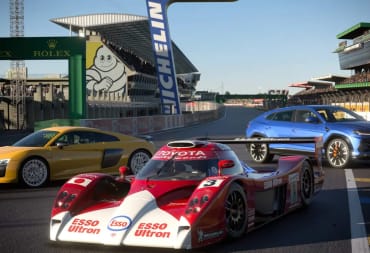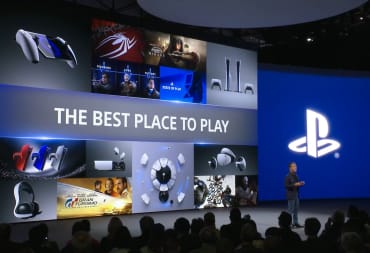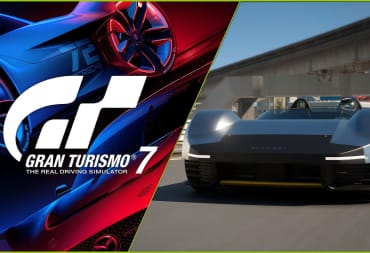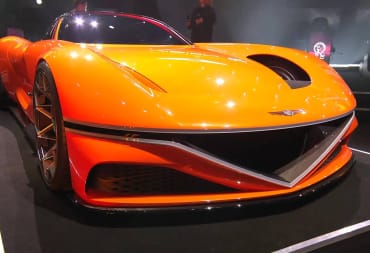When you hear the name Gran Turismo, you imagine a racing game filled with unprecedented potential and one that takes the love for car culture to the next level. It shares a belief that you need cars in your life and makes you fall in love with them in an unexpected way. The absolute joy of taking a Supra around Trial Mountain and coming up with the perfect lap after so many failed attempts, tuning your Honda Civic to win the Sunday Cup, and finally having the ability to buy that coveted Le Mans car is a feeling that very few games can capture.
Gran Turismo is strongly influenced by the car culture in Japan, and that influence still persists to this day. The success of the series has helped spread the ideals and values of Japanese car culture around the world in a way that has never been done before. Through this Japanese outlook, the series helped us in understanding why the car is a central part of our lives. The popularity of some notable Japanese manufacturers along with iconic Japanese cars also has taken an upward surge due to the series’ popularity.
A Japanese Love Letter to Car Culture
What started out as a rejected pitch by Polyphony Digital turned out to become a literal game-changer in the video game industry. The series finds its roots in the car culture present in Japan, which was the primary inspiration for the first Gran Turismo. Speaking with GT Planet in 2021, the series creator and founder of Polyphony Digital, Kazunori Yamauchi, mentioned how much the Japanese car culture influenced the first game.
"I myself grew up as a car enthusiast surrounded by the influence of Japanese automobile manufacturers and the transmission of automobile media, and that is also the driving force behind my production," he said. "Although the title has been played worldwide, I have never forgotten that it originated in Japan, and now I feel the responsibility and mission of inheriting the Japanese automobile culture." The authentic nature of Gran Turismo is what made it stand out. It was true to itself and its humble Japanese roots.
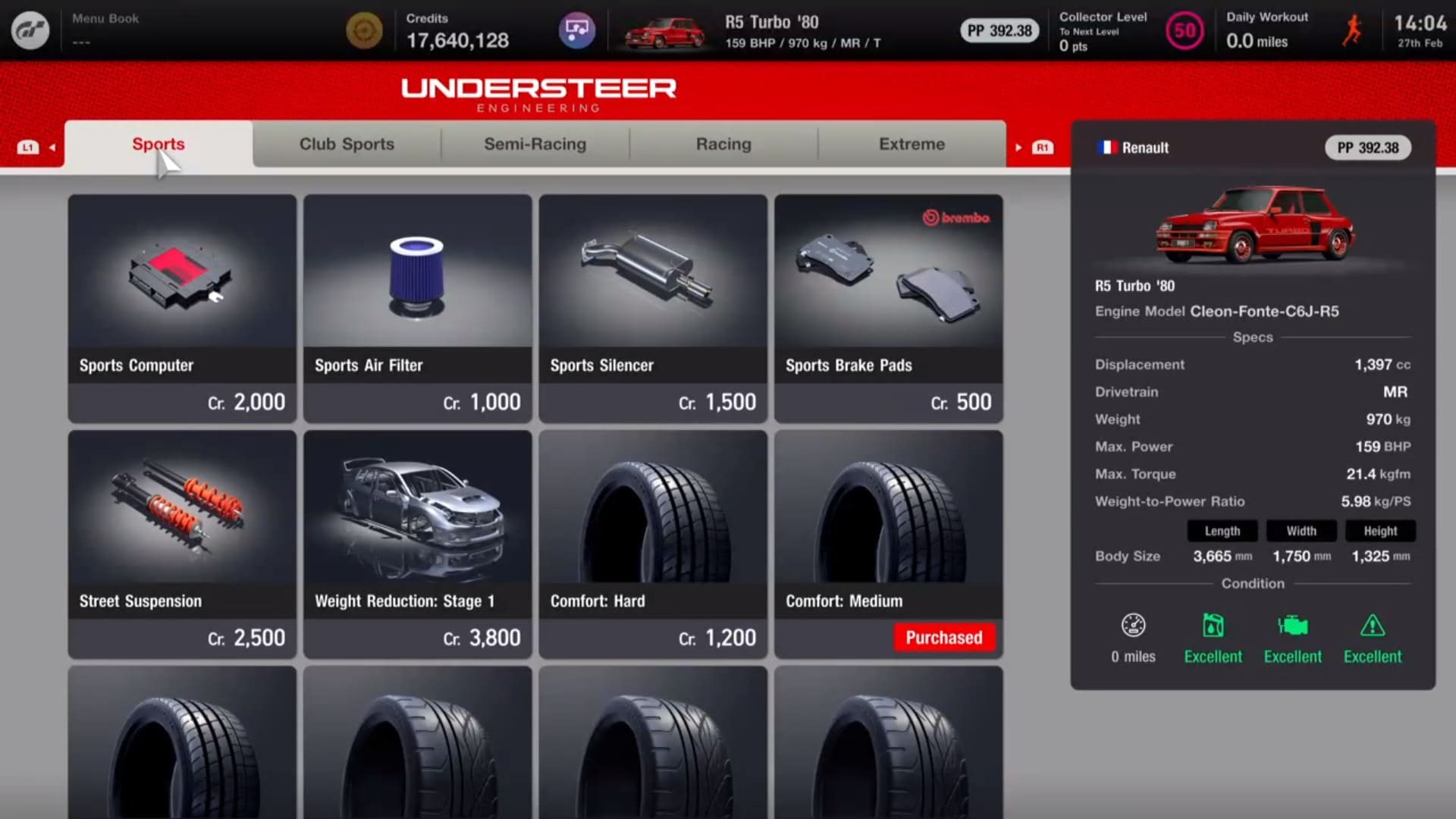
The tuning, the jazz fusion music, and of course the cars also were deeply connected to the car culture of Japan in the 1990s. In the Gran Turismo games, you had to start out in a Mazda Demio or a Honda Fit. You had to upgrade and tune your way to buy better cars. And by the time you had enough credits and bought all those sports and supercars, you’d realize that the fun moments were with these Demios and Fits. That’s what Gran Turismo always tried to express: The cars you had were the ones that you actually felt closer to.

In the first game, a majority of the car catalog was comprised of Japanese manufacturers, with only a handful of American and European ones present as well. The game was one of its kind as it not only featured supercars, but also touring cars, Kei cars, Japanese Domestic Market (JDM) cars, and compact cars.
When you looked at these, you felt proud because these are the ones your parents bought, and now, you’re driving and tuning them. That’s what Gran Turismo did, it touched upon an important part of our lives and made it special. It made a statement that racing games don’t always have to be about fast and exotic-looking cars. It can be about the ones everyday people use — a Japanese love letter to car culture. It’s safe to say Polyphony Digital didn’t expect the first Gran Turismo to be received so well, especially since the game was rooted in Japanese car culture and mainly featured Japanese manufacturers.
We can owe the popularity of brands like Toyota, Honda, Nissan, Mitsubishi, and Mazda partly to Gran Turismo. The JDM cars in the game prompted people to take a keen interest in these amazing machines, which in turn have helped them to become legends.
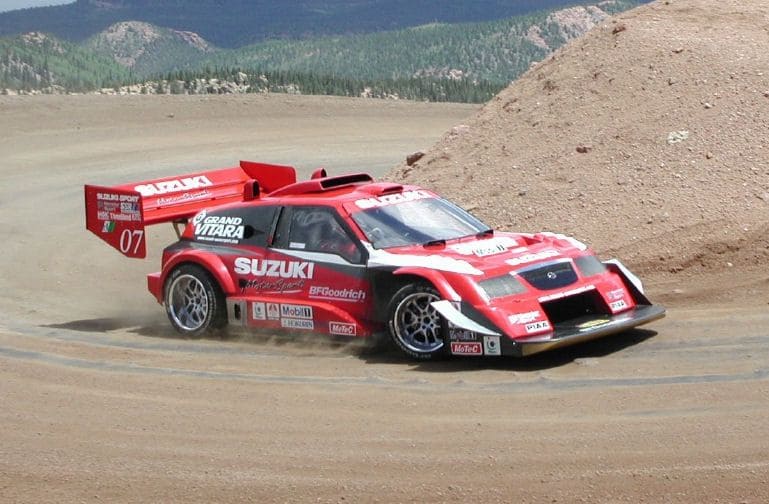
Cars like the Honda NSX, the Subaru WRX, Toyota Supra, and Mitsubishi Lancer Evolution gained a large following of players who had no idea what monsters these were. And it would be a crime not to mention the Suzuki Escudo Pikes Peak, the overpowered 1000 HP monster that demolished everything in its path. Ask any racing fan about the Escudo Pikes Peak and you can bet that a majority of them will mention Gran Turismo. The games essentially started the culture of including cars from different disciplines, like LMPs, GT1s, and touring cars, and driving them on real-life tracks in a racing game instead of just supercars and sports cars.
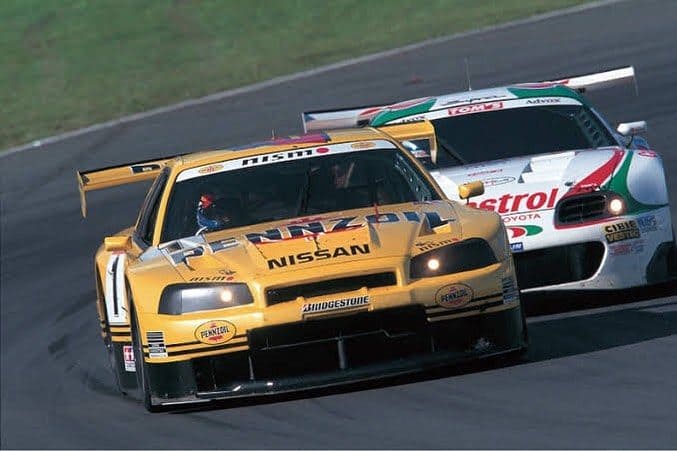
But it was just not the cars that received a surge in popularity, but championships as well. The All-Japanese Grand Touring Car Championship, or JGTC in short, also became a household name among Gran Turismo fans. For a kid in let’s say the U.S., these were something completely different and unique compared to the muscle cars they were exposed to.
Championship-winning cars like the 1997 Toyota Supra and the 1999 Nissan Skyline GT-R R34 became instant icons thanks to Gran Turismo. Before the Gran Turismo games, it would be hard to say that the JGTC and the subsequent Super GT were known worldwide. That’s why it’s been customary for the game to include the cars from this discipline, and it has done so up through today with Gran Turismo 7.
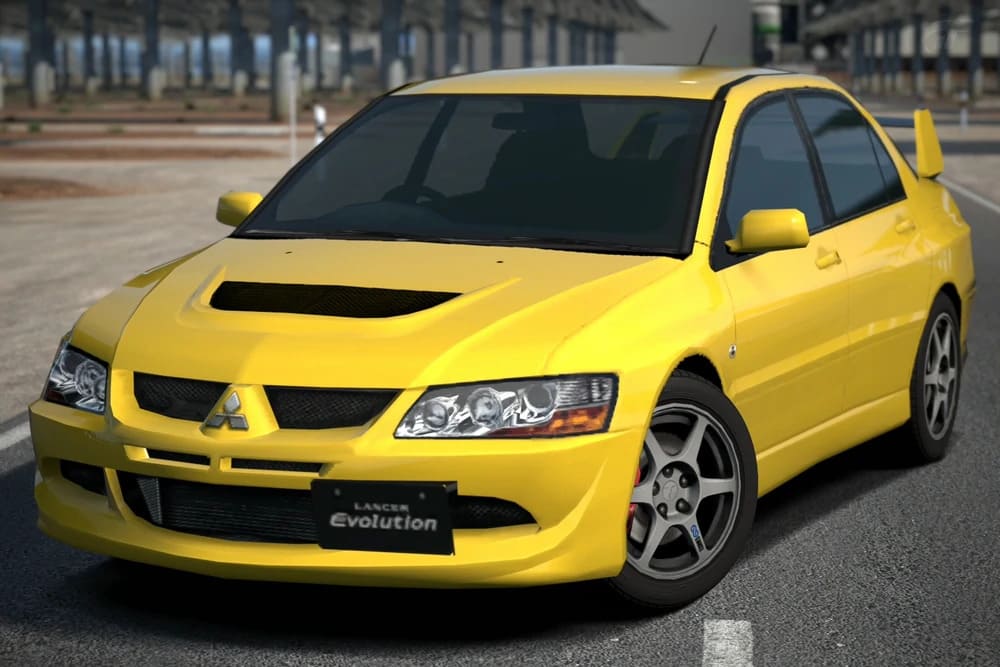
The companies also attributed the success of the Gran Turismo games that made some of their car models popular as well. Take the Mitsubishi Lancer Evolution VIII for instance. The previous iterations were officially released in Japan only, but the popularity of the cars thanks to Gran Turismo (and the Fast and Furious franchise) prompted the company to debut the Evo VIII in the U.S.
In an interview with Reuters back in 2002, Takashi Kiuchi, former CEO of Mitsubishi said, "There's no doubt that Gran Turismo played a huge role in our decision to launch the Lancer Evolution in the United States. The car wouldn't have attracted as much attention as it has in the United States without the game." Additionally, small-time British car company TVR also gained massive popularity after it made its appearance in the first game.
Gran Turismo’s Lasting Legacy
The trends that Gran Turismo has set in the gaming industry are still prevalent today. From the groundbreaking graphics of modern racing games to their precise and accurate physics, they all in some way owe their success to Gran Turismo. Back when the series first debuted, racing games rarely got innovative with their gameplay. Sure, you had EA’s Need for Speed, which was by no means a bad game back then. But what Gran Turismo did was push boundaries and made the racing genre mainstream.
The success of Gran Turismo gave birth to many other racing games like Forza, which is exclusive to Microsoft’s consoles and PC and is considered to be a fierce competitor, along with Project Cars and GRID. More realistic sim racers like Assetto Corsa, iRacing, and rFactor also started to grasp the concept of racing and car culture as well.
All of these have unique characteristics that set them apart from each other, mainly the physics, the gameplay, and overall playability. Some of them have become much more appealing than Gran Turismo at times, but you can’t deny that without Gran Turismo, they wouldn’t be as popular as today. The series essentially laid the foundation for these future games and inspired them to innovate the genre in their own ways.
The influence of Gran Turismo is just not within the racing games genre itself, but it also contributed to Sony and PlayStation's outstanding success in the mid-2000s. There’s a reason why it is the best-selling PlayStation game franchise of all time. The games became system sellers and were pivotal in Sony’s unchallenged domination during the PlayStation 2 era especially. You literally can’t imagine a PlayStation console without a Gran Turismo game, it’s just not possible. The series, with the release of Gran Turismo 7, has sold more than 85 million copies around the world.
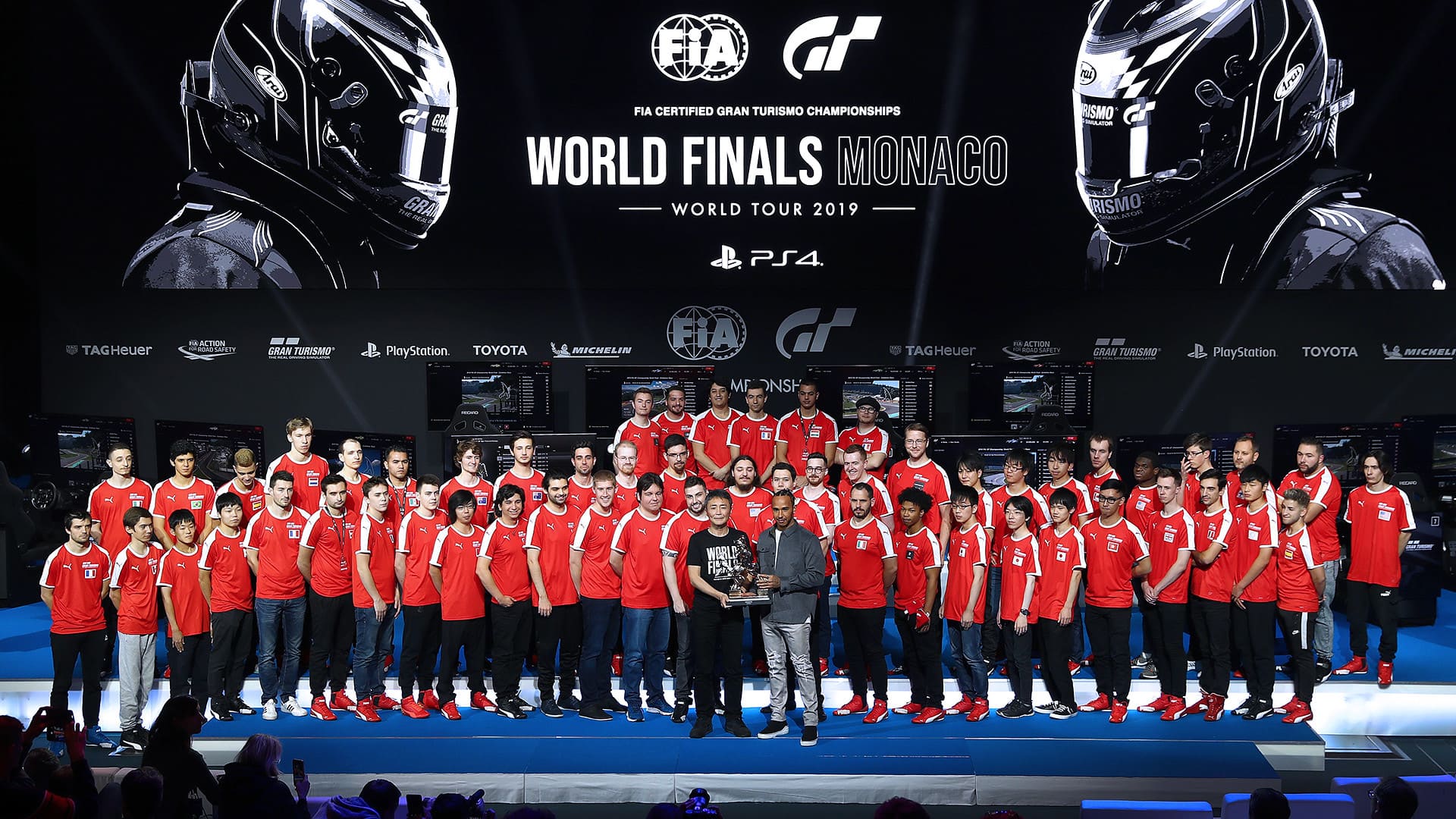
The series also has brought the Gran Turismo community to the mainstream as well. The FIA, the motorsports governing body, had endorsed the series to host the FIA Gran Turismo championships with fans and players all around the world. The championship winners would be presented with trophies alongside the real-life world motorsports champions during the FIA Prize Giving Ceremony.
Players like Valeria Gallo, Mikail Hizal, and Takuma Miyazono have achieved legendary status among the GT community. Speaking with Traxion.gg, Gallo recalled his time playing Gran Turismo.
"I remember having the old clips from my dad that I was playing Gran Turismo 2 when I was three years old. And in that clip, I was so infatuated by the game, even though I wasn’t… understanding what I was playing," he said. Streamers like Jimmy Broadbent and Steve ‘Super GT’ Alvarez Brown have also received widespread acclaim within the community for uploading Gran Turismo videos on their respective channels.
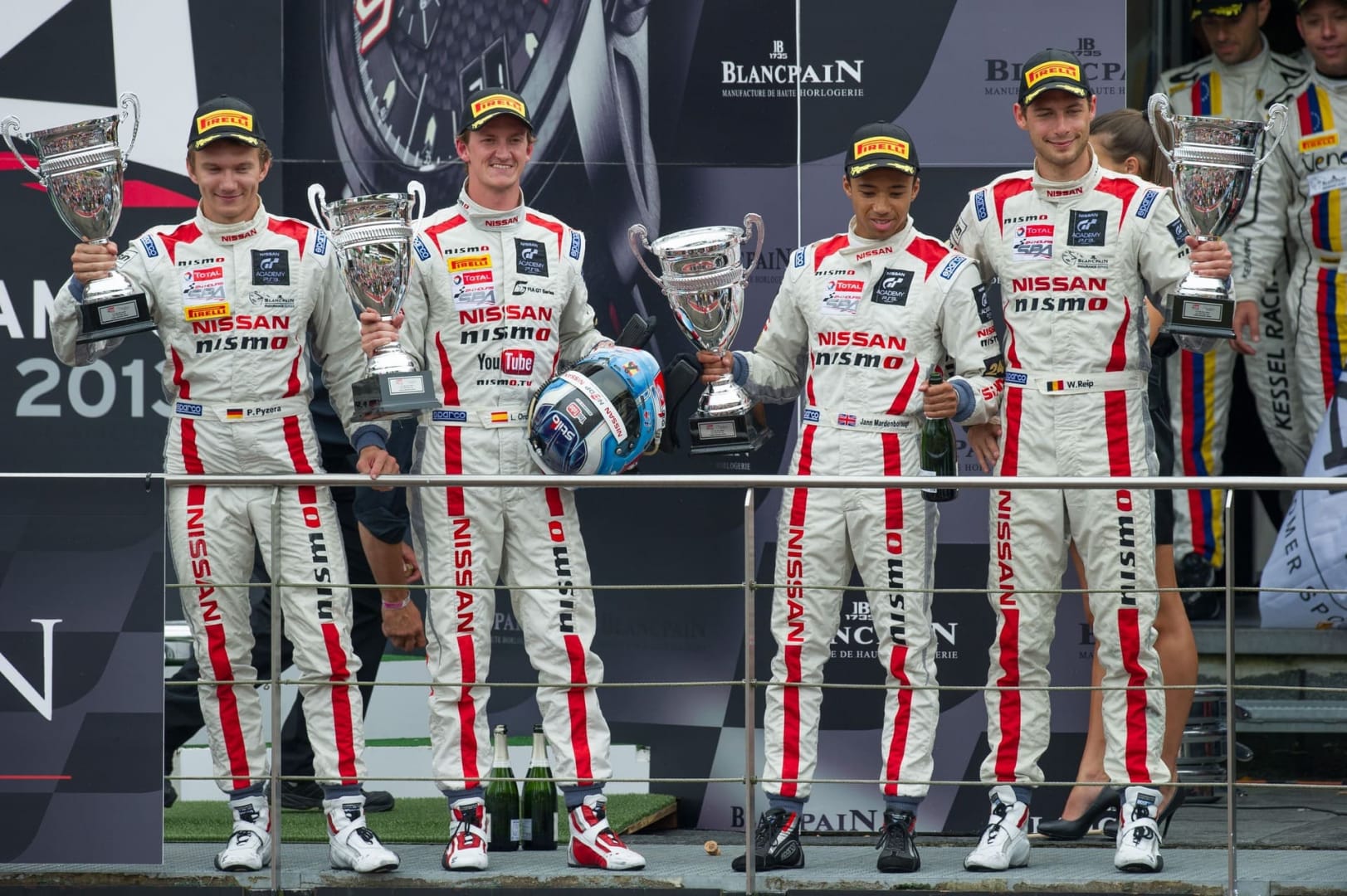
Gran Turismo also didn’t just give players the chance to drive cars virtually but also in real life competitively. The GT Academy was created to give homegrown GT players the chance to become real-life racing drivers. Drivers like Lucas Ordonez, Jann Mardenborough, and Nicolas Hamman graduated from the academy and are now racing professionally.
Ordonez and Mardenborough competed together in the Dubai 24 Hours as part of Nissan’s all-gamer lineup. Ordonez also finished 2nd in the LMP2 class in the 2011 24 Hours of Le Mans and also raced alongside series creator Yamauchi himself at the 24 Hours of Nürburgring. Mardenborough competed in the Super GT championship and was in contention for the GT300 class championship in 2016 as well.
What Gran Turismo has contributed to the video game industry as well as the wider motorsport and overall automobile industry is nothing short of a massive success story. The vision that Yamauchi and the team at Polyphony Digital envisioned has created a legacy that will surely live on. It may or may not live on through Gran Turismo itself, but it will surely live through other racing games. The series has set a standard for the racing genre and has catapulted car culture into something much more vital.
Have a tip, or want to point out something we missed? Leave a Comment or e-mail us at tips@techraptor.net
